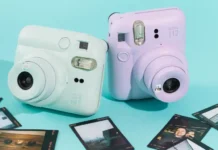
I’ve spent a big part of my life traveling around the world seeing amazing places and one of my absolute must-have tools for communicating with friends and family overseas is the phone card.
Although phone cards get looked down upon and are often the last resort when making international calls personally, I think they are fantastic, why?
No Need For Internet
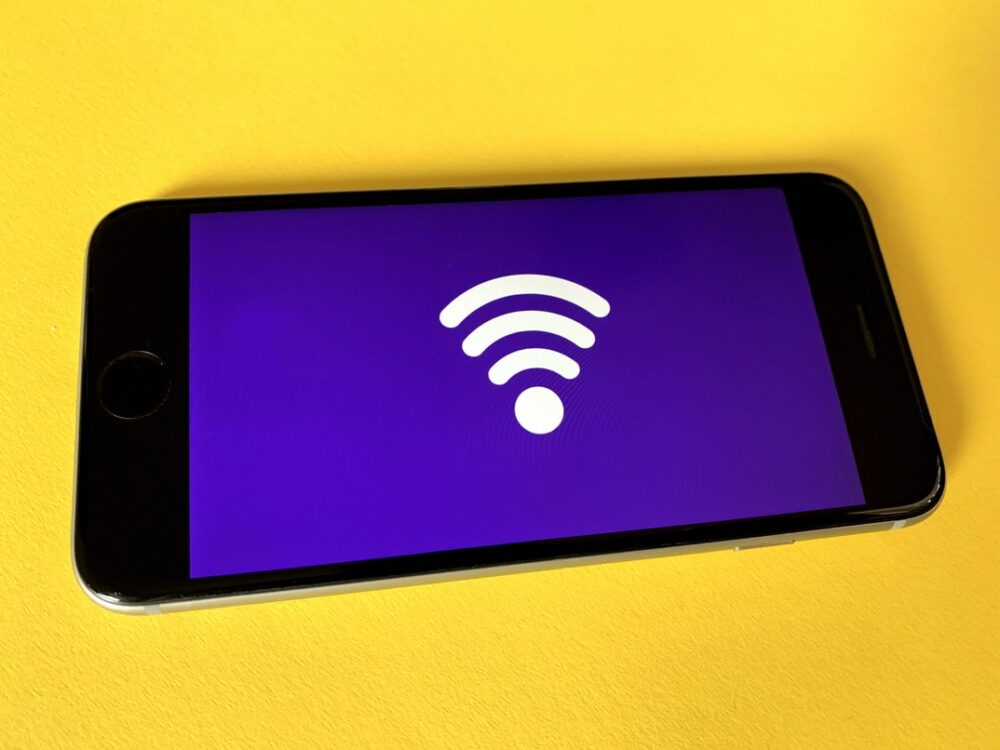
Even though we have free options available with calling apps that allow voice and video calls (which I also use) I often lean on phone cards when I need to call people from lesser developed countries.
Calling apps are great when you are calling to a country that has well-developed broadband but this is generally only available in highly developed countries like the United States, Canada, South Africa, Japan, Singapore, Australia, New Zealand, etc.
Inside these countries, you are guaranteed to get a strong reliable internet connection in most areas.
But for the rest of the world, the internet infrastructure is a lot less developed which means weak coverage, dropouts, and other problems like power outages make using calling apps inferior to using phone cards.
Reach
The best part about phone cards is that almost every country has access to copper telephone lines which means you can reach people in a lot more countries.
Adoption

The other issue with calling apps is that the older generation is not likely to want to switch over to app technology there are also people who are reluctant to download and install another app on their phone.
Ease of use
And in terms of how to use them, it’s typically a simple 3 step process:
- Dial the Local Access Number
- Enter in your PIN
- Dial the international number
No app to download or SIM card to install, you just use any mobile phone or landline.
Are there any downsides to using phone cards?
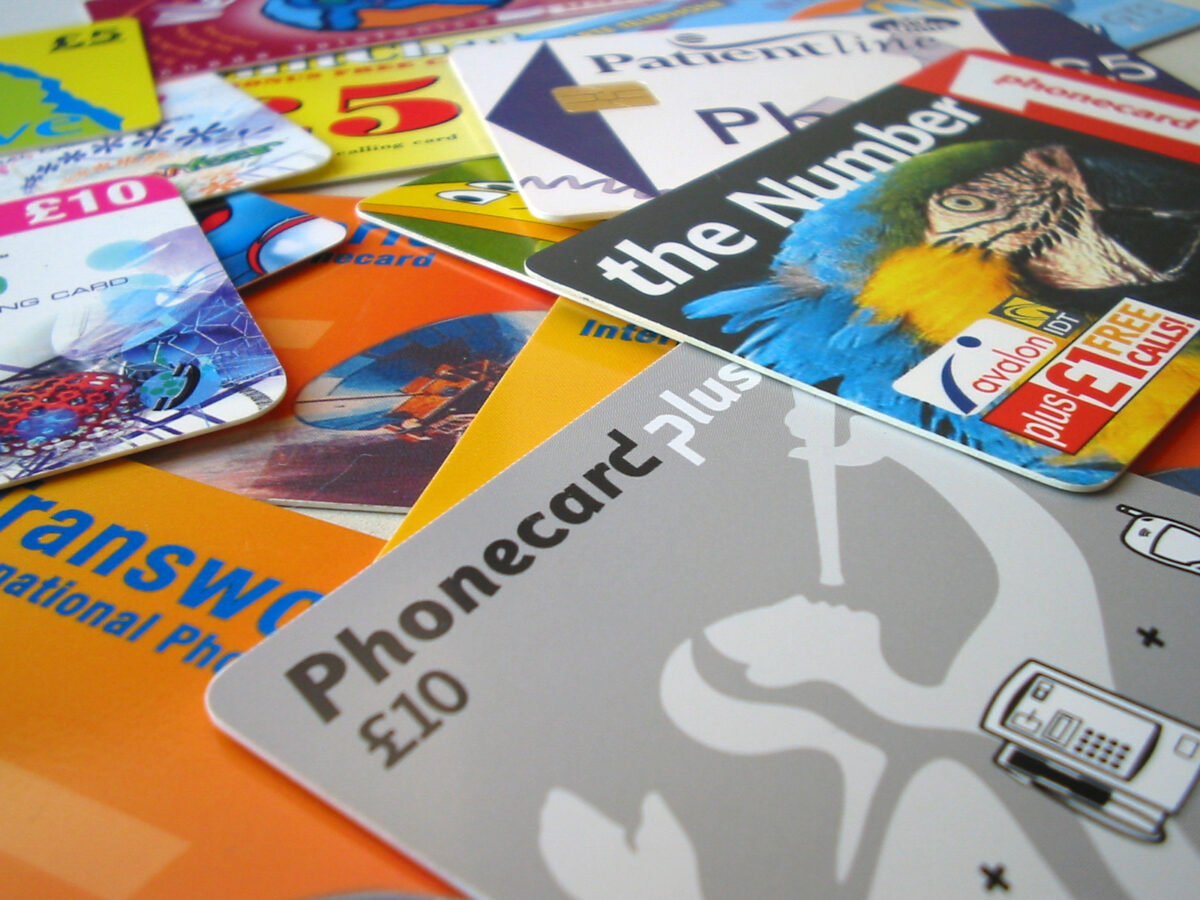
“When it comes to phone cards there is a difference between “price” and “cost”. JT, nzphonecards.co.nz
The biggest downside to buying a phone card is being ripped off.
The big selling point of international phone cards is that they offer up to 90% savings on international phone calls.
This promise of offering the “cheapest” calling rates ultimately means phone card companies are trying to offer the lowest prices to get the most customers.
This of course is not a sustainable business model, no one can offer the cheapest rates and expect to have longevity in this business, it is only a matter of time before you are filing for bankruptcy.
So, what is the solution?
Offer the cheapest rates upfront but claw that money back from the customer in less than ideal ways.
5 things to look for when buying a phone card
To help you avoid being scammed by certain phone card companies I’ve compiled a list of 5 things to look out for, these are the same 5 things I check off my list before I purchase a phone card.
1. (Generally) avoid calling cards with connection fees

What is a connection fee?
This is a fee that is deducted from your phone card once a call has been established. It’s like the phone card company is rewarding themselves for actually getting your call connected.
Some phone card companies will charge a disconnection fee which is the same as a connection fee but you are charged on the completion of a successful phone call.
There is one exception here and that is if the calling rates are less on connection fee cards, you will sometimes see this which means if your calls are longer in duration say 40+ minutes then these types of cards will actually save you money over the length of that call.
Outside of this, I would avoid them.
2. Check for hidden fees
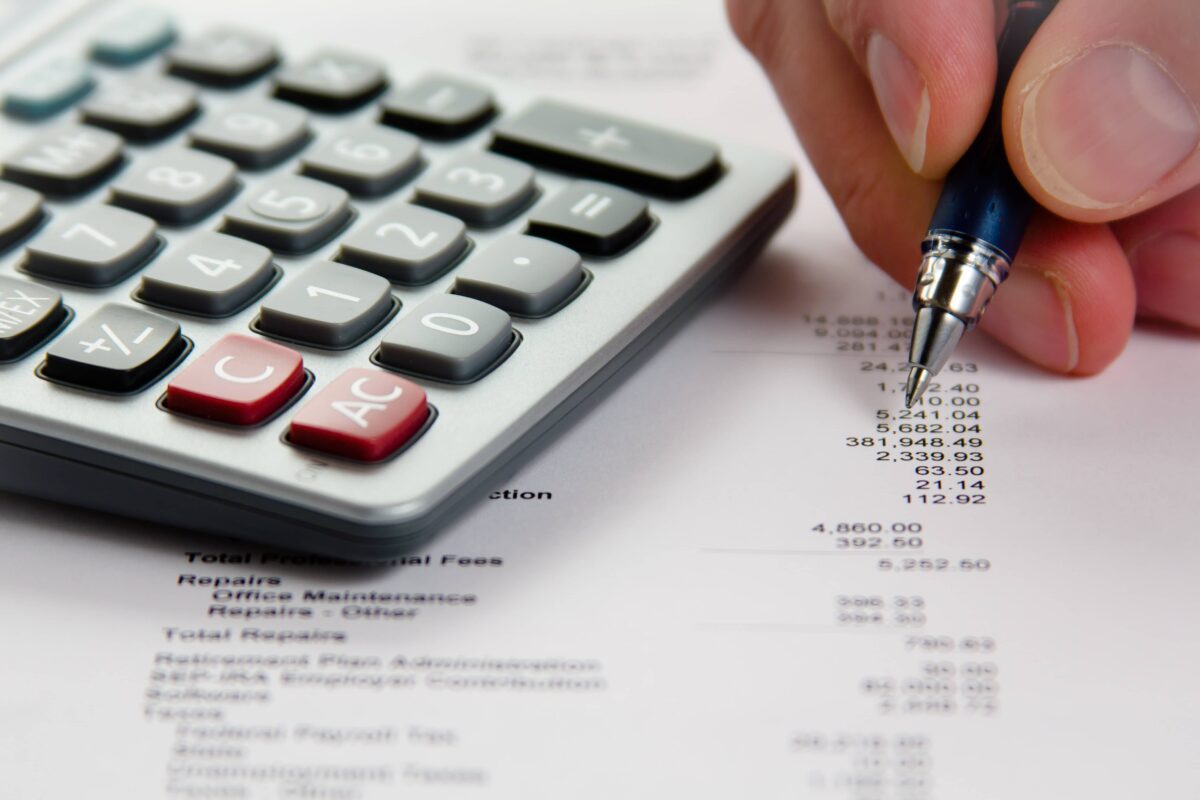
Before I mentioned how a lot of the players inside the phone card industry are racing each other into bankruptcy and so to keep their heads above water some will choose to find creative ways to recoup the losses they make on offering such cheap rates.
The most common strategy is to use what are called “service charges”.
This is a fee that is deducted from your phone card regardless of whether you use it or not typically on a monthly basis but I have seen some phone card services charge their customers every 2 days!
My advice here is to avoid any phone cards that come with service charges of any kind.
3. Check the expiration date
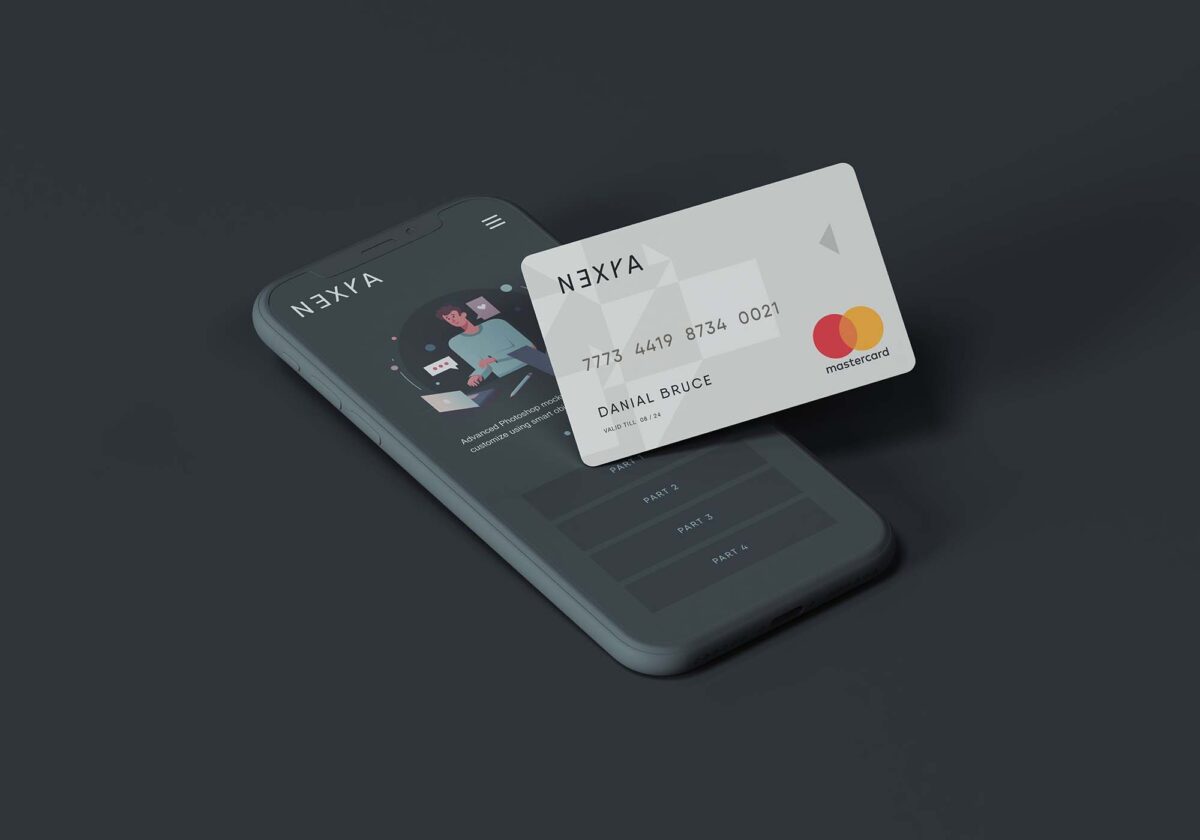
Typically, phone cards will give you anywhere from 3 – 12 months to use but you want to make sure that the expiration date doesn’t start until you begin using it.
On very rare occasions a phone card may already be expired by the time you go to activate it but this is rare.
4. If I have technical issues how long to resolve them?

When talking to the phone card retailer ask them what the process is if there is a technical fault with your phone card.
These can be things like:
- Low quality sound
- Cross-lines (i.e. connecting to a completely different person in a different country)
- Connection dropping off
- No connection at all
- Overcharging
If you are buying the cheapest calling card you can expect any of these problems to happen
5. Credit
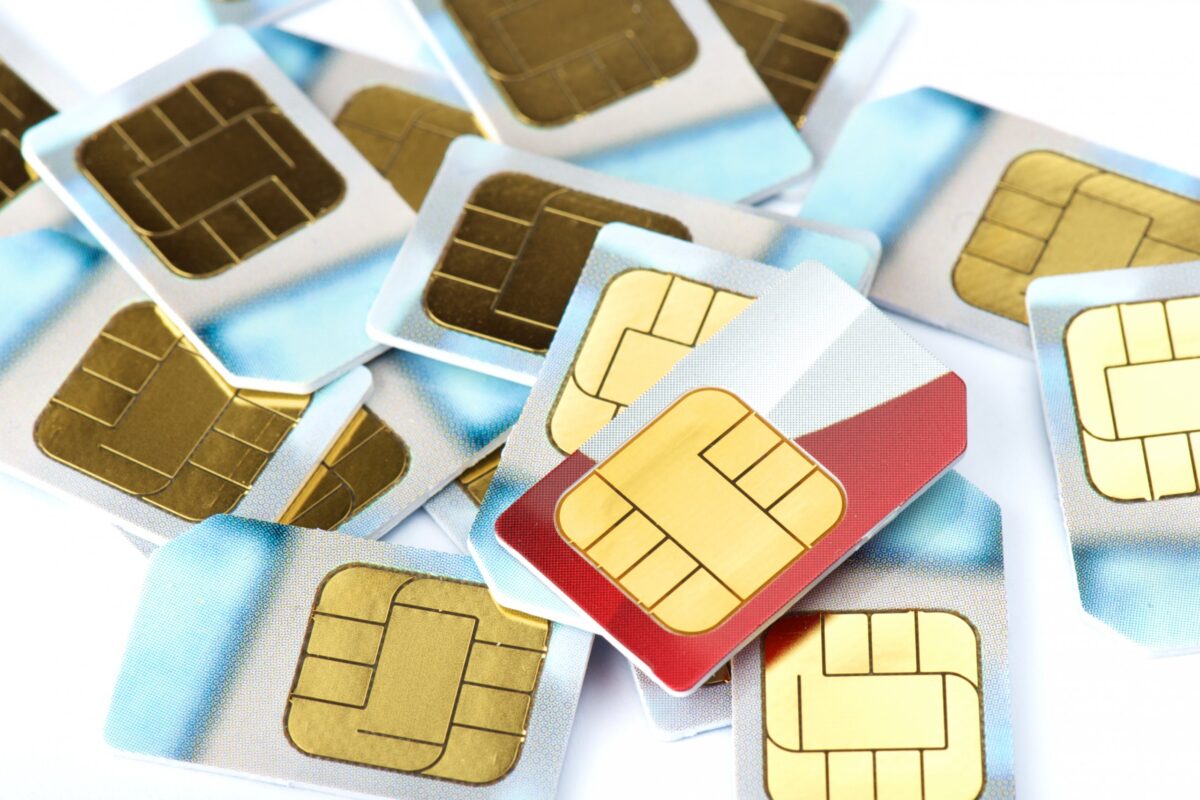
Typically, when a phone card expires that calling card company will actually delete any remaining credit that was on your card.
This is actually standard practice and you will notice the same thing happen in other industries like gift vouchers for example.
What I’d recommend is asking the retailer if the credit is deleted from the card from expiration.
6. Customer Service

Finally, never purchase a phone card that hasn’t got a customer service team. This is why I will buy most of my phone cards online since it allows me to call up their team and ask all of the questions outlined in this article – this gives you good peace of mind knowing that you can resolve any potential issue that comes up.


